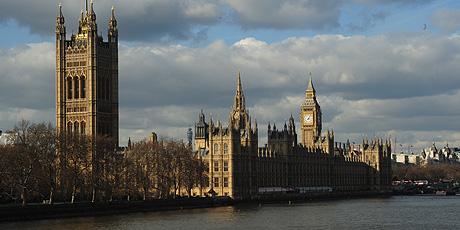Employee shareholders face delays
The Government’s plans to introduce the employee-owner status face a setback after the House of Lords voted against the introduction of employee shareholders.
The legislation to introduce the employee-owner is included in the Growth and Infrastructure Bill, which is currently making its way through Parliament. Following debate in the House of Lords on 20 March 2013, the Lords voted to remove the relevant clause from the Bill, thereby preventing the introduction of employee shareholders.
A number of issues were raised during the House of Lords debate. Some Lords expressed concerns that there might be a rise in discrimination claims because such claims will be the only source of redress left if employees cannot cite unfair dismissal or redundancy. Others felt it should be mandatory for employees to get independent legal advice when deciding on whether or not to become an employee-owner. There was also the dilemma of how to value the shares.
Baroness Brinton remarked that the legislation “asks the average British employee to give up his or her rights in the workplace in exchange for shares in a company that are likely to yield very little other than an income tax charge at the front and a possible blue skies capital gains tax many years in the future.”
“It asks the average British employee to give up his or her rights in the workplace in exchange for shares in a company that are likely to yield very little other than an income tax charge at the front and a possible blue skies capital gains tax many years in the future.” Baroness Brinton
Despite this setback, the Government appears keen to progress with its plans to implement the employee shareholder. During delivery of the Budget on 20 March 2013, the Chancellor of the Exchequer announced that employee shareholder contracts will come into force on 1 September 2013. He also stated that no income tax or national insurance contributions will be payable on shares to a value of £2,000.
The Bill now returns to the House of Commons. The Government can either accept the House of Lords’ decision, in which case employee shareholders will not happen, or it can try to re-introduce the relevant clause.
Image: Parliamentary copyright images are reproduced with the permission of Parliament
